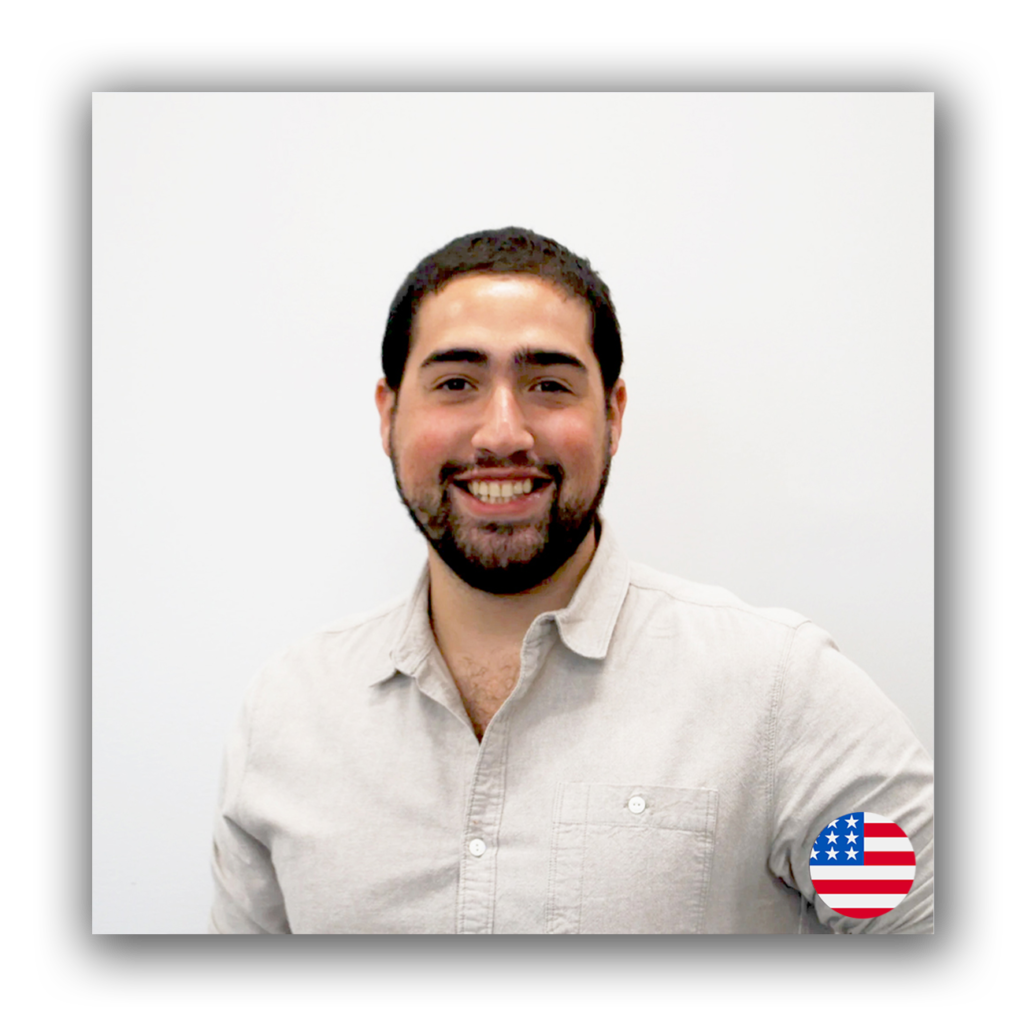
In the past two decades, some of the most prominent universities in the US have hosted their despicable apartheid weeks, an attempt to delegitimize the Jewish people’s right to self-determination in their historic homeland, on the annual Holocaust Remembrance Day. Berkeley’s Hatem Bazian initiated this horrendous tradition in 2002; it would not be long until UC Irvine and Columbia followed. As Israelis prepare to grind the country to a halt and stand in silence to commemorate the Holocaust, UC Davis will be plagued by zealots who seek to demonize the one and only state that has the capacity to prevent the Holocaust from repeating itself.
Is this surprising?
After all, chapters of Students for Justice in Palestine across the country have established their platform with the simple notion that, while it might be wrong to violently target Jews in America, it is acceptable to target Jews in Israel. For instance, the New School’s SJP chapter jumped at the opportunity to justify to the indiscriminate murder of American-Israeli Ari Fuld by stating: “Colonialism comes with consequences.” If that’s not enough, University of Chicago’s SJP erected a memorial to Palestinian terrorists such as Fadi Aloun, who wrote “martyrdom or victory” on his Facebook page before stabbing a 15-year-old boy in Jerusalem in 2015.
What was the reaction of partner groups and the individuals around the country that adhere to their ideologies when the violent attack against the Jewish American community happened in Pittsburgh and California?
UC Berkeley’s SJP held a vigil for the victims of the antisemitic terrorist attack by equating the slaughter of these victims to Israel’s defensive actions in Hamas’ Gaza.
A “free speech” mural in Pomona College that was painted in an attempt to raise awareness for antisemitism was vandalized with a Palestinian flag and the accompanying message “Palestine exists. Acknowledge it.” The vandal sought to diminish the condemnation of antisemitism in America by politicizing hate against the Jewish people.
In response to the recent terror attack in a synagogue in southern California, University of Michigan’s anti-Israel organization, SAFE (Students Allied for Freedom and Equality) claimed: “We will continue in our fight against all forms of racism and xenophobia, carrying with us the memories of the lives lost due to hate and ignorance.” But a few months earlier, SAFE itself spread hate and ignorance by publicly supporting Professor’s John Cheney-Lippold’s bigoted decision to deny a student’s request for a recommendation letter to study abroad in Israel.

Jews who are targeted in Israel do not deserve fewer tears than Jews who are targeted in America.
The tide is not changing. Antizionism and antisemitism are not new developments on US campuses and communities. We have not only suffered the rise of the Jewish people’s delegitimization but have also been convinced to compromise our values for fear of being anti-normalized.
When the horrific attacks in Pittsburgh and California happened, we stood up in unity. That unity lasted hours, with each side of the political spectrum rushing to vindicate their own ideology while seeking to hold the other accountable. The right jumped to criticize Ilhan Omar and Rashida Tlaib, while the left did not hesitate to condemn Trump’s administration. Our unity was created by a despicable terrorist attack and its breakdown was triggered by America’s domestic politics.
Jews who are targeted in Israel do not deserve fewer tears than Jews who are targeted in America.
Is this what it has come down to?
Do we really want fear of isolation to diminish our commitment to the values of Zionism?
It is the responsibility of the Jewish American community to understand the following principles:
First, antisemtism in America often unites people on both extremes of the political spectrum. After all, in what other instance would one experience the intersection of David Duke’s and Ilhan Omar’s antisemitic rhetoric?
Second, in the effective fight against antisemitism it is imperative to let go of the superficial desire for partisan political acceptance in our communities and campuses. Your status as a progressive or conservative is not compromised by your unequivocal support for Israel’s right to exist as the home of the Jewish people.
When your campus is faced with a campaign to delegitimize the Jewish right to self-determination on Holocaust Remembrance Day, don’t hide behind falafel stands and posters of Tel-Aviv’s night life.
We have a responsibility to be prevent and react. We can continue to mourn American Jews killed in domestic terror attacks, but we do little to honor their memories if we refuse stand united and have consistent attitudes towards the indiscriminate killing of Jews in Israel. I have witnessed the resilience and passion of many students throughout the country who are adamant to take a strong stance against all forms of antisemitism on their campuses. Inspiration and lessons for this should be taken from campaigns in Brooklyn College, Berkeley, and UCLA.
As Edmund Burke once said: “All it takes for the triumph of evil is for good men to do nothing.”
As Israelis prepare to mourn and remember with a moment of silence, it is time for the Jewish American community to respond with unity and a will of iron.
Contributed by CAMERA Campus Coordinator Yoni Michanie.

